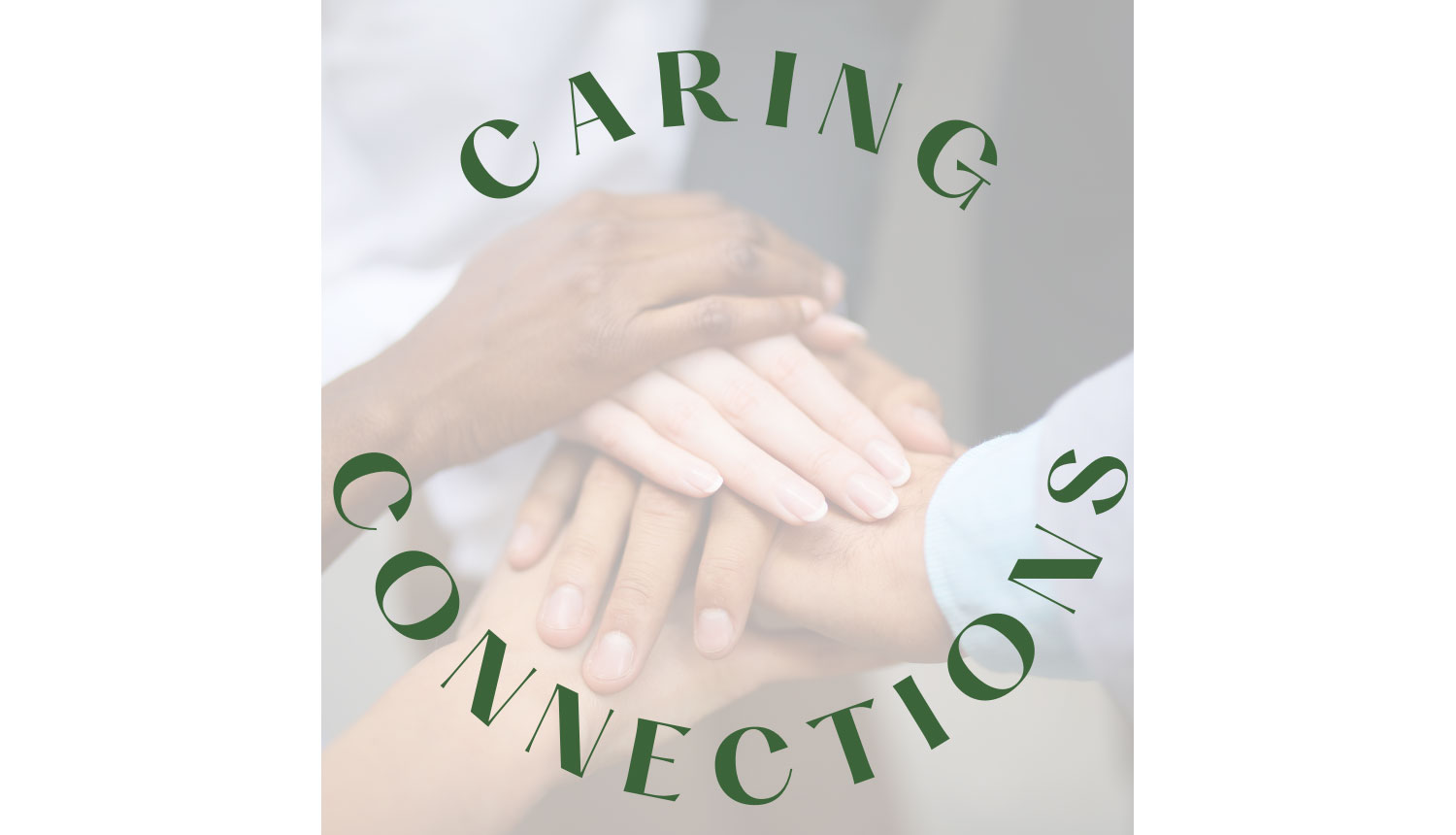
One of psychotherapy’s main beliefs is that putting thoughts and feelings into words may produce mental health benefits. Of course, this also applies to cancer patients, who face the countless psychological issues that can arise in the face of a serious illness. Participating in therapy, however, isn’t the only way to give voice to one’s internal world – this can also be done at home through journaling.
A specific type of journaling has been shown to yield benefits through studies. James Pennebaker, who founded Expressive Writing, has shown repeatedly that writing expressively results in positive mental and physical health outcomes.
What does “writing expressively” mean? It’s actually quite simple: It involves describing important events and all the emotions that go along with them – hope, fear, anger, sadness, and so forth. In a series of studies pitting expressive writers – who described troubling emotional experiences in vivid detail – against participants who wrote about events without emotion, the expressive writers showed various types of improvement following participation. While the process of expressive writing can be painful because of the emotional memories it raises, it has been shown to ultimately benefit those who are willing to write down their difficult experiences.
So, if you’re overwhelmed by your feelings and emotions, bothered by an unpleasant memory, or confused by an event in your life, consider writing it down. Some of you might even find it helpful to write about the same experience numerous times in order to better understand your thoughts and feelings with each draft. Importantly, you don’t have to show anybody. Expressive writing is for your own emotional benefit.
Samantha Null, MSS, LCSW. Sam is the Coordinator or Psychosocial Services at the Abramson Cancer Center at Pennsylvania Hospital.
